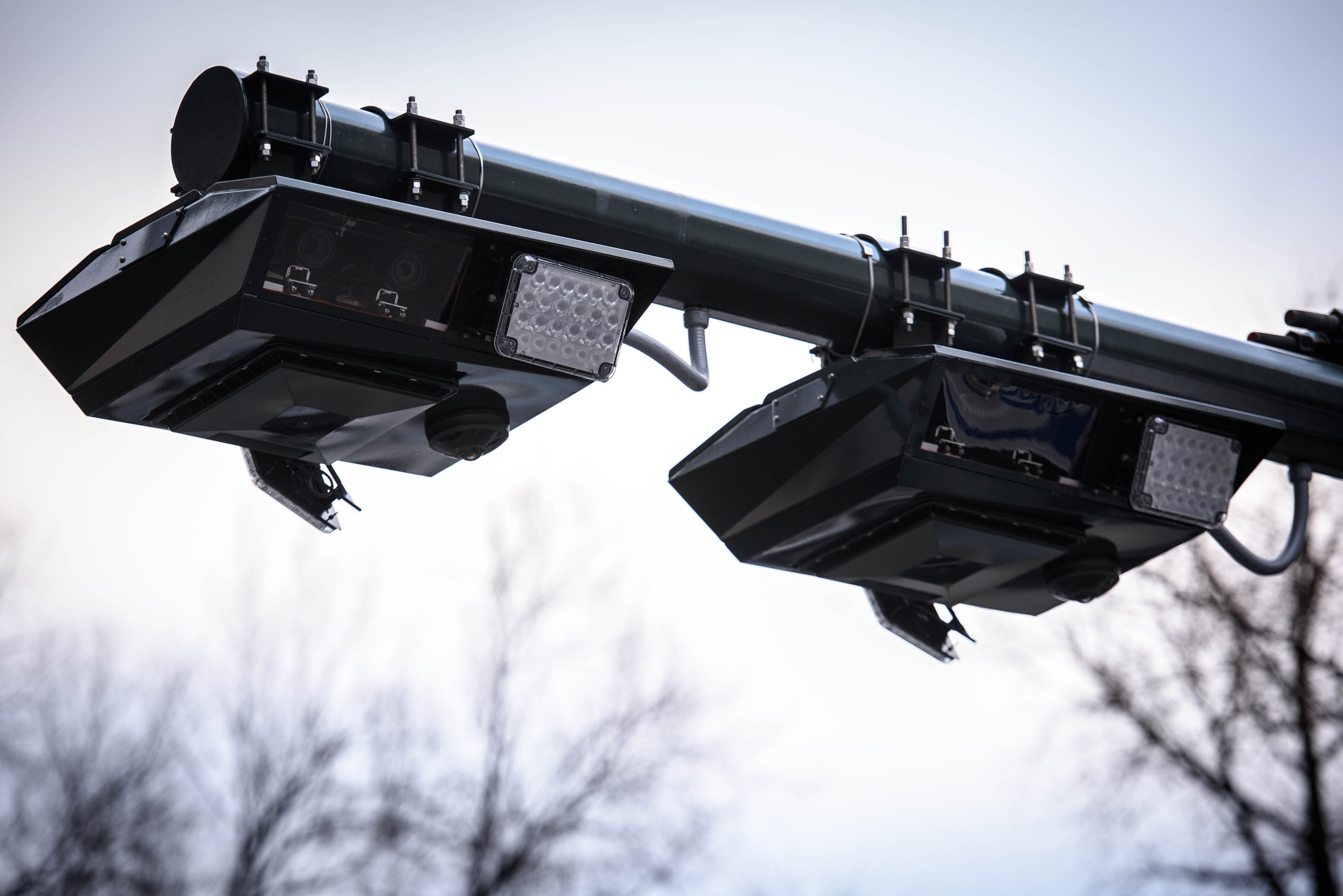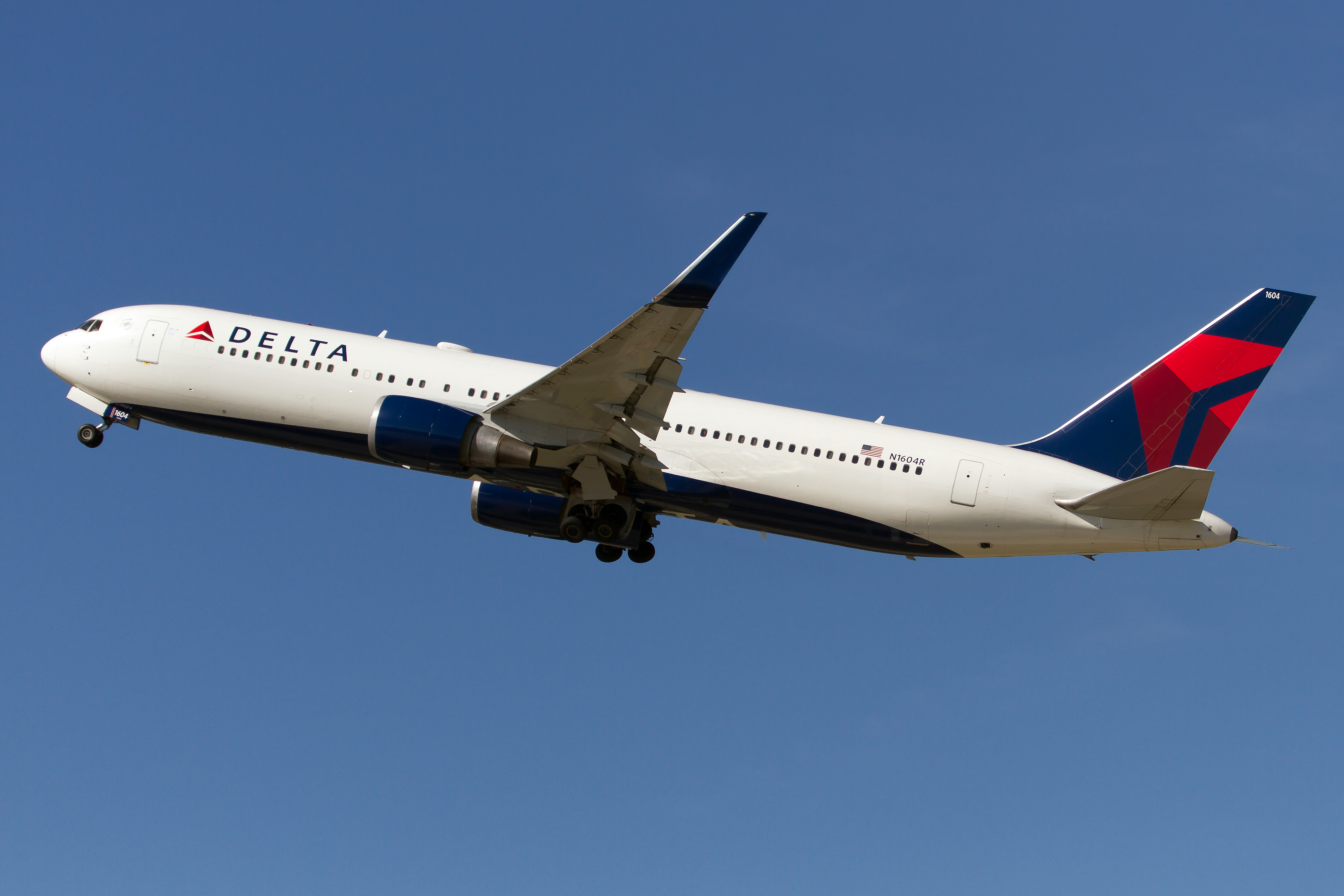What to Know
- Chinatown is still suffering from a coronavirus double-whammy. First, it was the stigma associated with a virus that started spreading in China and, then, it was the dramatic disappearance of the tourism that the neighborhood thrived on.
- Determined to help Chinatown's beleaguered businesses, Taylor Eskew, of the Rotary Club of Chinatown, turned to a Brooklyn-based company called Mirimus -- bringing the company's saliva based COVID-19 test right to the neighborhood.
- So far, 16 businesses have agreed to have every single employee tested weekly as an added way to assure the public they're safe.
Chinatown is still suffering from a coronavirus double-whammy.
First, it was the stigma associated with a virus that started spreading in China and,
then, it was the dramatic disappearance of the tourism that the neighborhood thrived on.
"I think it was racism...People said it was Chinatown, there was bound to be COVID there," Taylor Eskew, of the Rotary Club of Chinatown, said. "Of course I knew that people in Chinatown were more cautious and doing better than anyone else."
Determined to help Chinatown's beleaguered businesses, Eskew turned to a Brooklyn-based company called Mirimus -- bringing the company's saliva based COVID-19 test right to the neighborhood.
"As a small businesses owner, I knew every single day that a businesses stayed closed, how detrimental that is," Mirimus founder Prem Presrirut said.
So far, 16 businesses have agreed to have every single employee tested weekly as an added way to assure the public they're safe.
News
"If you come to Chinatown after 5 p.m. weekday… Basically, most things are shutdown," Tim Wong, a Chinatown business owner, tells News 4 New York.
Wong, who owns one of the 16 businesses taking part in the testing, is now boasting signs on their doors -- in English and Chinese -- telling the public about the measure.
"I think it gives a level of comfort, people -- employees inside, and the customers going into the business," Wong said.
Regular testing in Chinatown is even more essential, according to Eskew, because businesses in the area aren't well-suited to adapting to the pandemic environment.
"A lot of the businesses in Chinatown are run in an old fashioned manner and aren't able to quickly pivot to change how they do business," Eskew said. "Particularly, the restaurants, they don't have apps, websites, they don't even use credit cards."
Community leaders are hoping the testing program can make a difference, especially with the Chinese New Year this Friday -- although this year's event has been moved entirely online with only virtual celebrations taking place.



